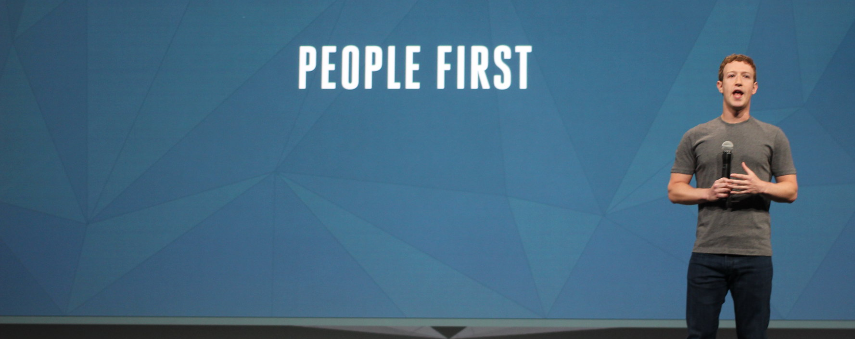Facebook announces plan for Oversight Board

Image Credit: Maurizio Pesce / Flickr
Facebook has announced its plan to form an independent “oversight” board to moderate the social network
Facebook is no stranger to a scandal. Since its very inception, the social network has been mired in a string of controversies, each one outdoing the last in terms of scale and impact.
Most recently, they faced a backlash for hiring external contractors to listen to recordings of its users without their knowledge, but this was just one of many privacy oversights made by the firm this year.
It’s no surprise then that they wish to once and for all put the past to bed, to move forward in a shifting digital landscape populated by netizens becoming increasingly more aware of their right to digital privacy.
Last week, they announced a plan to form an “oversight” board, to moderate the social network from an independent standpoint.
The board, which will act similar to a court by ruling on contentious matters, will eventually consist of 40 members from across the world, though it initially plans to launch with no less than 11 members.

In a letter, Mark Zuckerberg, Facebook’s chief executive, said: “We are responsible for enforcing our policies every day and we make millions of content decisions every week. But ultimately I don’t believe private companies like ours should be making so many important decisions about speech on our own.”
According to the charter, a document which establishes the framework for the Oversight Board, the committee be paid for by a fund allocated by Facebook itself. Its members will have no conflict of interest with the social network, and will have five “expressly defined authorities”.
- 1. Request that Facebook provide information reasonably required for board deliberations in a timely and transparent manner
- 2. Interpret Facebook’s Community Standards and other relevant policies (collectively referred to as “content policies”) in light of Facebook’s articulated values
- 3. Instruct Facebook to allow or remove content
- 4. Instruct Facebook to uphold or reverse a designation that led to an enforcement outcome
- 5. Issue prompt, written explanations of the board’s decisions
Internet users are becoming increasingly savvy about the techniques used by social networks. From the collecting of data to tracking and marketing, users are now demanding a voice. It is believed that the Oversight Board will hear petitions made by community members.
“The board will be an advocate for our community,” Zuckerberg said. “As an independent organization, we hope it gives people confidence that their views will be heard, and that Facebook doesn’t have the ultimate power over their expression.”
